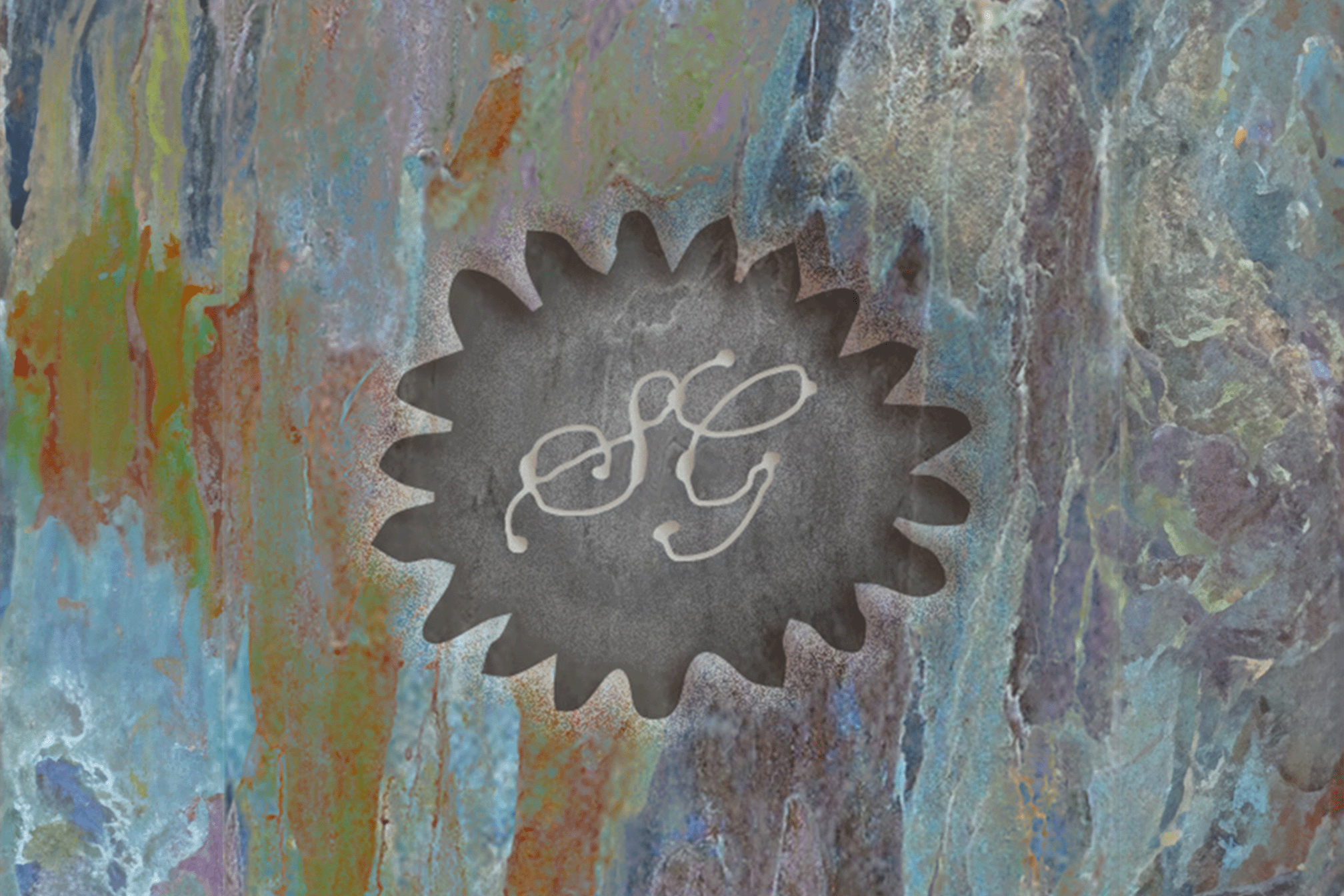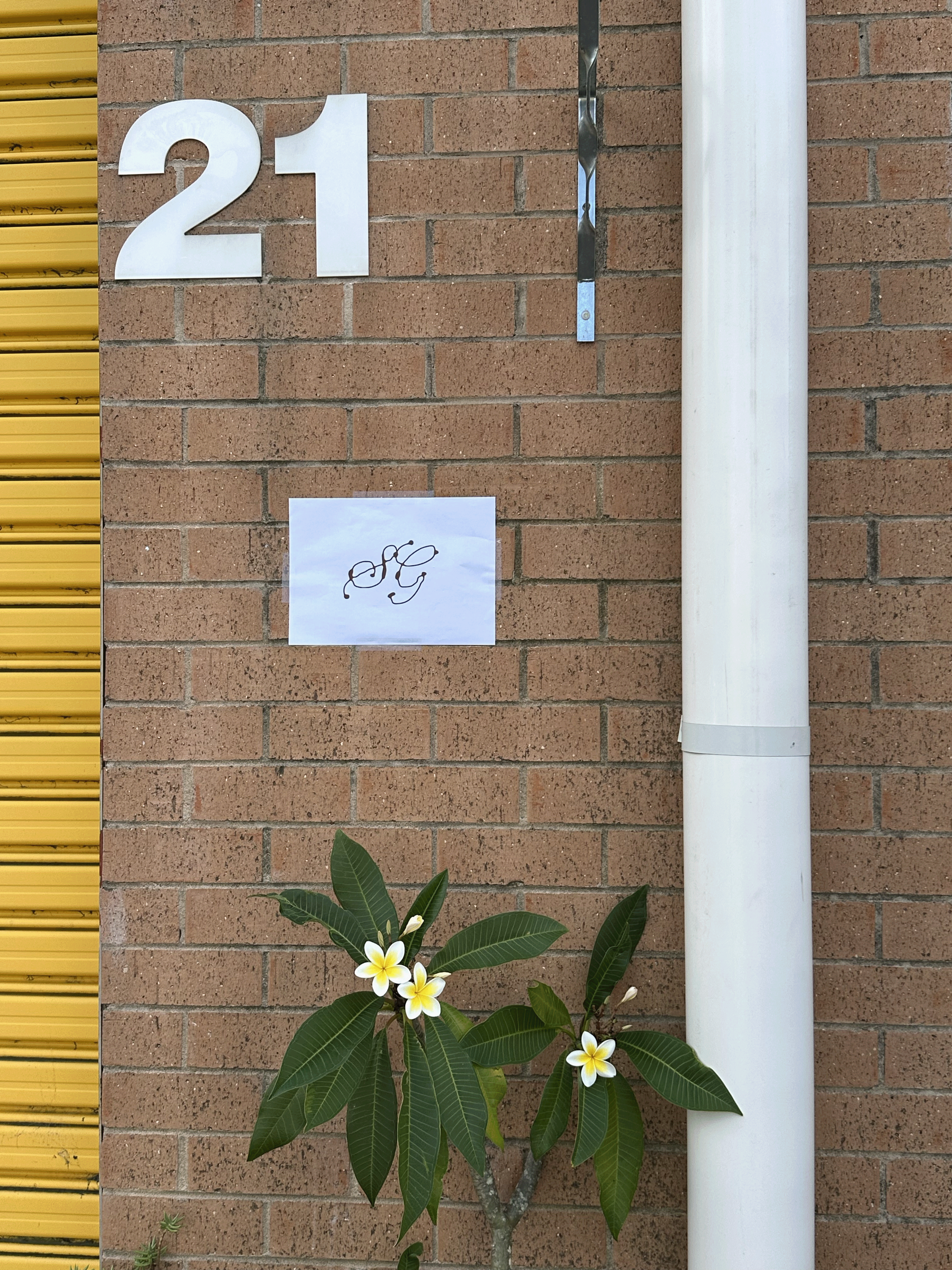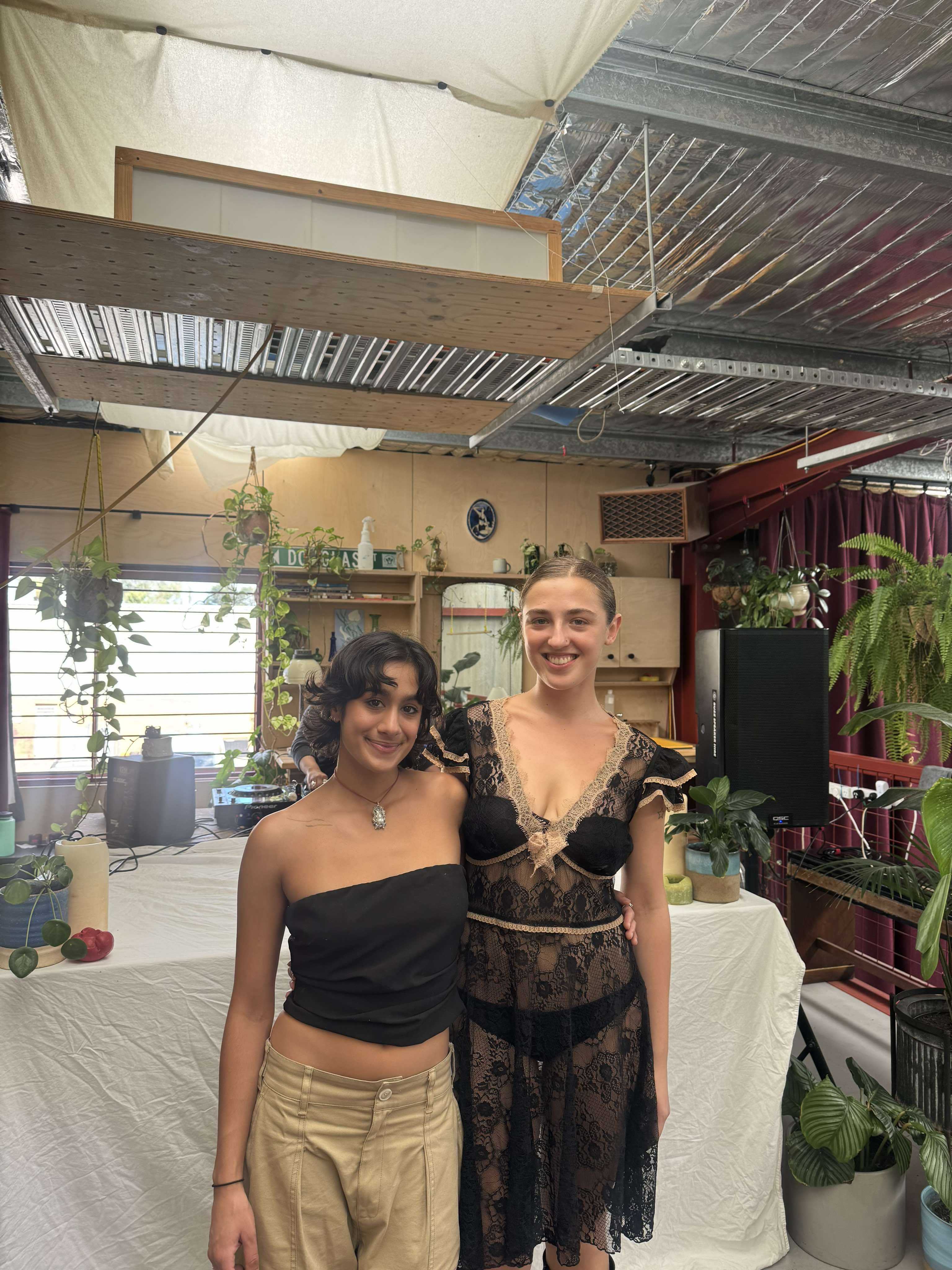 INTERVIEWS
INTERVIEWS
Sugar Glider isn't a radio station, it's a 'community listening project'
Gadigal Land/Sydney's newest platform isn't what people may come to expect from a radio station, and that's a good thing.
Community radio is often cited as the backbone of any city’s musical community. Across Australia, there are a number of community stations that get credited with such status, FBi Radio, Skylab, RRR, PBS, Area3000, RTRFM and many more.
On Gadigal Land/Sydney, a city already up against it when it comes to the availability of venues, cost of living, and the dreaded influence of its ‘nanny state’, community radio has been a relatively narrow offering, particularly with the loss of Nomad Radio in December of 2023.
Enter Sugar Glider.
The brand new ‘community listening project’ and streaming platform is the love child of local DJs and radio hosts Anusha Rana and Lilly Grainger, both alumni of the city’s FBi Radio and increasingly visible members of their city’s musical community. Launching only recently with a live listening event and upload of its series of performances, Sugar Glider challenges the idea of what needs to constitute a radio station and platform.
Anusha and Lilly’s immediate approach to slow, purposeful listening and performance experiences seems to be at odds with the demands of modern media and hustle culture becoming impossible to ignore within DJing and dance music more broadly.
They shared some details on exactly why a platform, with a different sense of pace, felt like a missing piece of Sydney’s musical tapestry.

Q: Why was starting Sugar Glider something you felt you needed to do?
ANUSHA: What we are doing is far from revolutionary, but it feels so essential to ‘Sydney’s’ landscape. I feel like online radio stations play the role of representing the tastes and culture of that place, like a rich insight into local tastes and creatives. A huge part of this is that Lill and I have gotten so much out of community-run platforms - both of our music careers were catalysed from opportunities we got from FBi Radio.
I was a resident at Nomad Radio when they announced their closure, and I am so grateful for their time and efforts. Still, I just couldn’t accept that we would move forward without some platform that represented the voice of ‘Sydney’s’ cultural community. I really felt like my life had been enriched by platforms like this and felt responsible to do something about it and give back. Lill and I have this crazy synergy, we’re both so different but compatible and driven to just do something. It’s a lot of firsts and learning curves for us but we’re here for it.
LILLY: For a number of reasons! When the idea was born I’d just started playing out in commercial club spaces and was a bit thrown by how overwhelming and unsupportive they could be for femme DJs and people of diverse backgrounds. It was important to us that we could create more safe spaces where non-male identifying artists would want to play.
We also just really love community radio. As soon as I started producing on FBi radio, it was important that I maintain a connection to the station in any way I could. The training, mentorship and paid opportunities I’ve received through community radio absolutely trump any working or university experience I’ve ever had. It became a goal for Nush and I to create more wonderful third spaces like FBi. Places for our community to come together, learn, connect and develop their practice.
We also wanted to create a space where we could try new things and work with other artists that weren’t just DJs. We’d love to get to a place to platform poets + record live music which also really opens up our scope for events.
Q: A new radio platform in the age of streaming sounds like a tough job. What do you think of the current landscape for listening to & discovering music?
SG: For sure, AI often feels threatening to creatives but we think that radio serves a completely separate purpose to music discovery algorithms on streaming platforms. Just like podcasts people listen to radio to feel a connection with a host and discover music in a more authentic way.
As consumers, we know that the songs being fed to us on a streaming platform aren’t an authentic representation of our choice, and it isn’t nice to look at paid content all the time.
As a result I think the tough job for stations is convincing the audience that radio is something that they should pay for. This is especially the case for community radio stations, which do not receive government support.
Independent radio requires supporters, whether that be its listeners or shareholders. So it's no wonder that NTS radio is now partially owned by Universal Music. If this enables them to continue platforming artists and building up community, all power to them.

Anusha Rana (left) & Lilly Grainger (right).
Q: Can you give us a brief rundown on your own musical histories, both together & separately?
SG: While dance music is what got us into the music industry, our interests for music didn't come from that. We have our own distinct sounds and tastes, which is what makes collaborating so exciting. Both of us began to secure opportunities by volunteering at FBi radio. We were actually in the same dance ensemble in high school and began to rekindle on dance floors years later (at Universal of all places).
LILLY: I fell into mixing a year ago as part of FBi radio’s Dance Class program, where I was lucky enough to be mentored by Tangela. I grew up performing and loved being a punter - but never thought I’d have it in me to make mixes of my own, let alone perform out as an adult. A year on, I now host my own show ‘M5’ on FBi Radio: a show focused on songs rather than tracks with deep sentimental value, featuring mixes from Takeo.K, D-Grade and Darren Lesaguis. I’ve also had the pleasure of supporting some of my favourite artists: Ben Bondy, Vox Supreme and my all-time NTS Radio.
ANUSHA: For me it kickstarted when I got a place at FBi Radio as a presenter and was able to dabble in so many different types of shows that reflected my genre-sprawling interests. I’m so grateful for the platform FBi Radio gave me - it allowed me to showcase my different mixing personalities, land my own radio show ‘Limerence Lounge’ dedicated to a romance between strange and soft sounds on Nomad Radio, play at Kindred and Drift Radio - both a huge inspiration point for Sugar Glider, and now a rotating resident for Limbs Akimbo on FBi Radio. I feel very lucky to have been booked alongside some of my heroes such as Ramzi, Yussh, CaucasianOpportunities.
I’m at a point where, while I love performing, I’m keen to explore a wider scope in the arts. I’ve recently become a Performance Space Youth Ambassador and am excited to see where my practice can take me.
Q: The first three mixes are incredibly eclectic, and a very noted step away from where 'modern electronic music' currently sits. What is your overarching goal for the platform musically?
SG: A big goal for us with Sugar Glider Radio was to give a platform to new, emerging artists, which we believe also gives way to exciting, new sounds.
I think the station's sound is also influenced (for the moment) by daytime listening. While we both love to support this city's nightlife, we believe that at its core, Sydney is a day city. Historically, punters don’t stay out super late and would prefer extra sleep to get the most out of their day. So, our sound is heavily inspired by cathartic daytime sounds and music that enhances these experiences.
Q: You held an event recently for your launch. Why is holding events alongside the medium of 'radio' so important to Sugar Glider?
SG: Events are an integral way for us to foster a community and create connection while we work towards our own permanent space. While we’re both super intrigued by online sharing, we feel that online radio platforms can fall short without a real-life space where listeners and presenters can come together, connect and learn from one another.
We’re also mindful that we’re not looking to build a traditional radio brand - with 24 hour streaming and heaps of residents.
Sugar Glider Radio is highly curated, focused on monthly programming and scope for lots of creative events. In an age of subscription fatigue we think our audience needs a moment to take in and truly enjoy our content. Less is more!
Q: What do you hope Sugar Glider can provide Sydney's blossoming musical communities?
SG: We hope Sugar Glider can be this crucible for artists and support new, blossoming communities. Creative freedom is so empowering and we hope artists come here not just to perform but to experiment and try something new. By providing a space for micro-communities, we hope people arrive expecting something eclectic and intentional.
-
Jack Colquhoun is Mixmag ANZ's Managing Editor, find him on Instagram.


